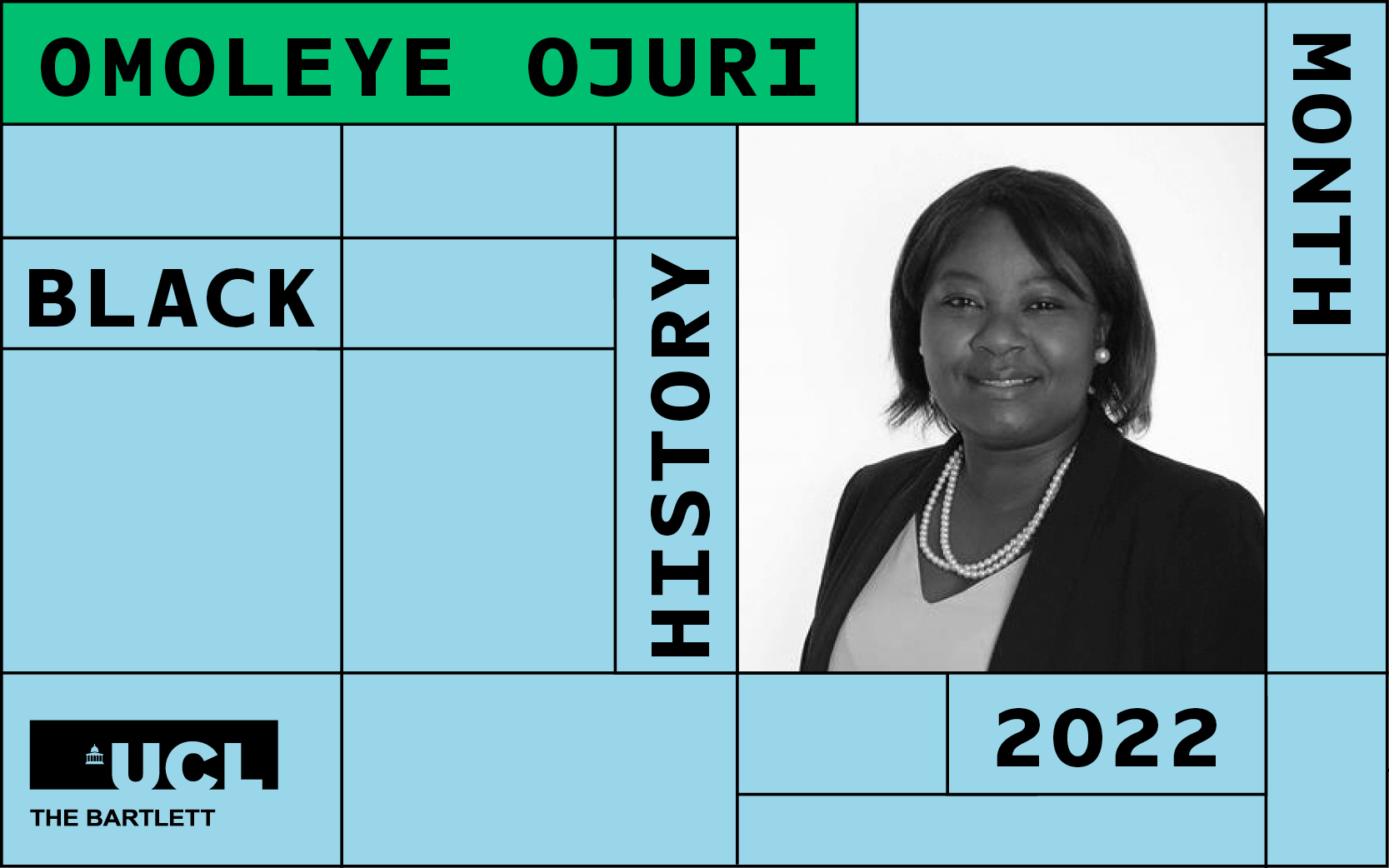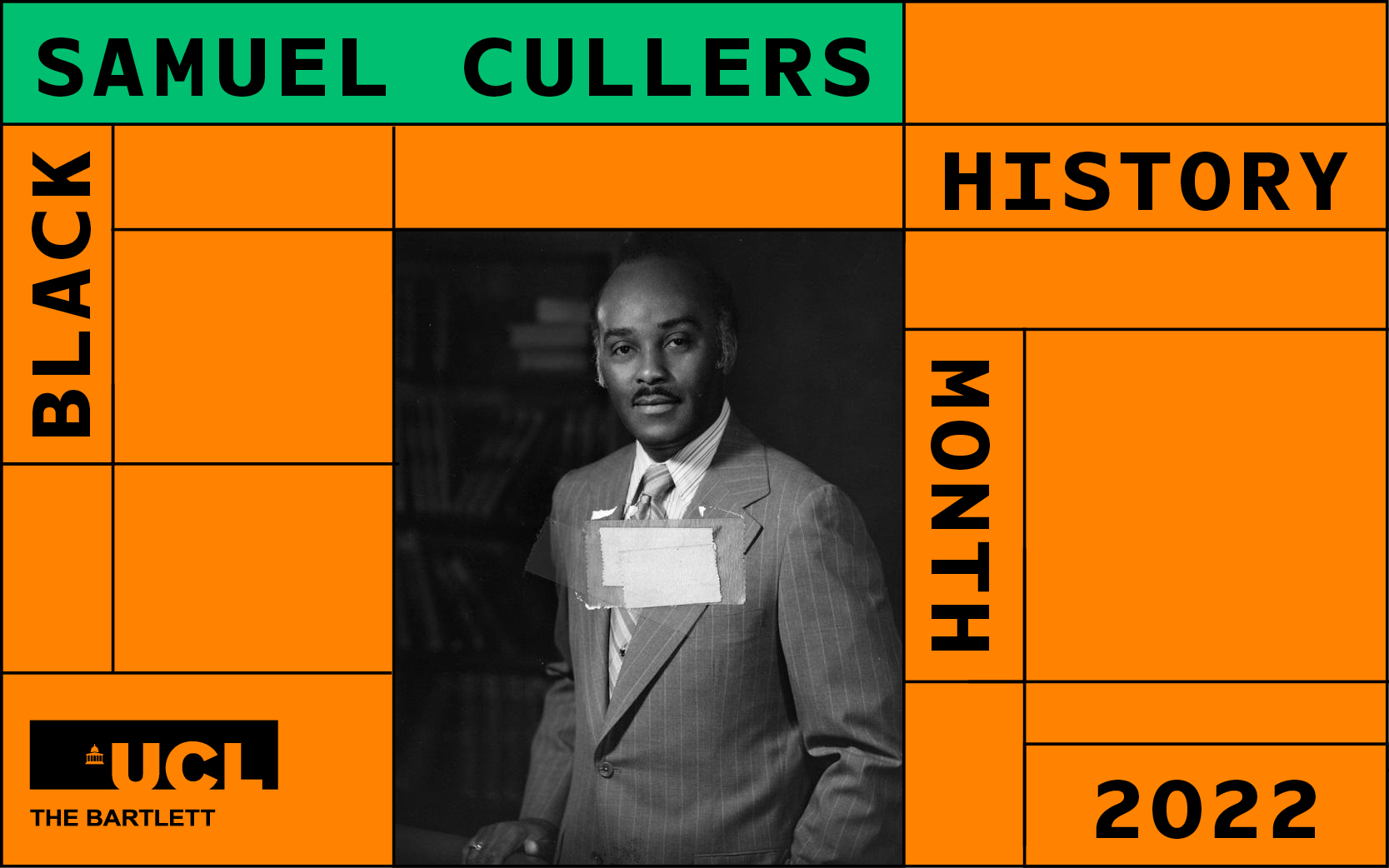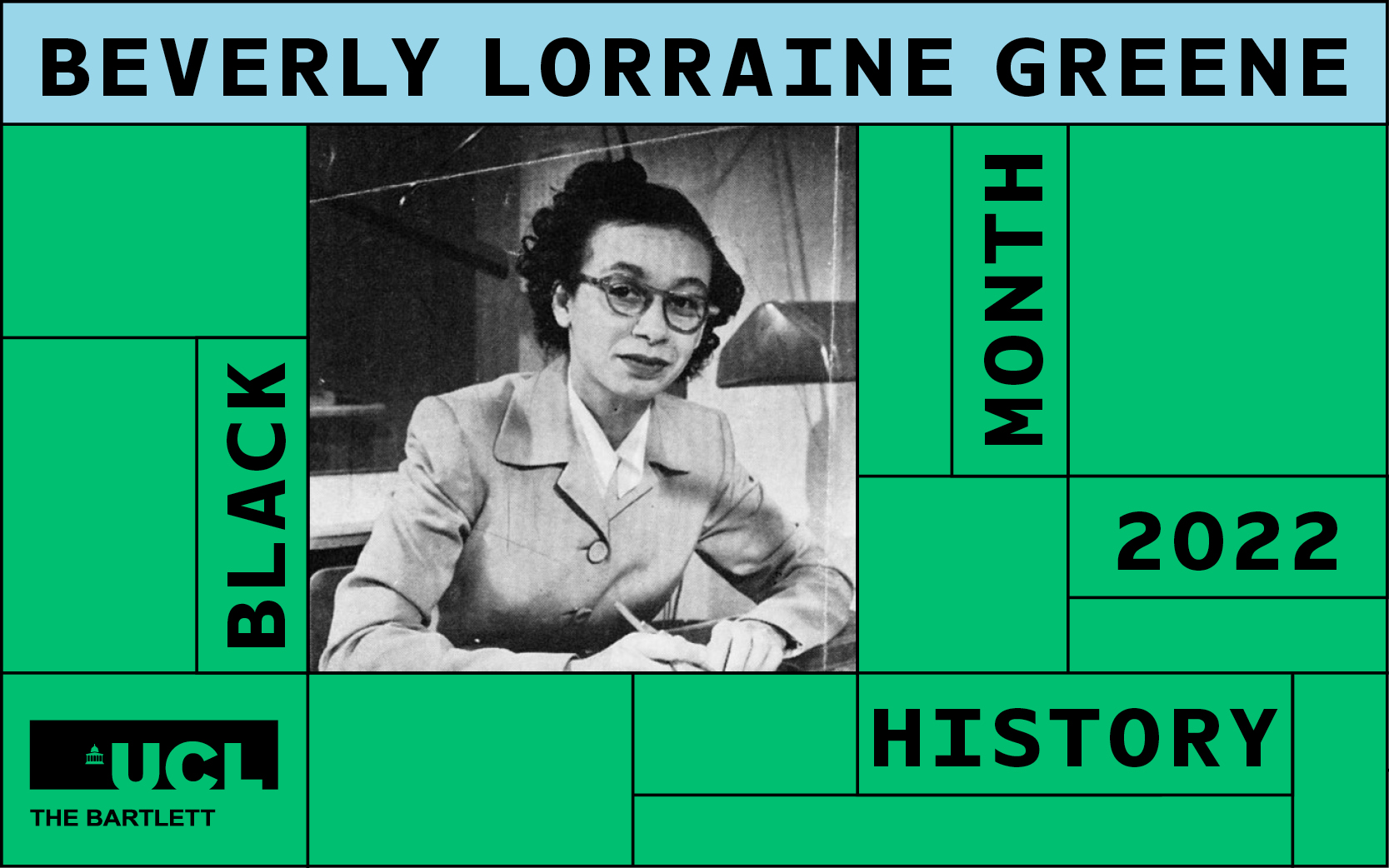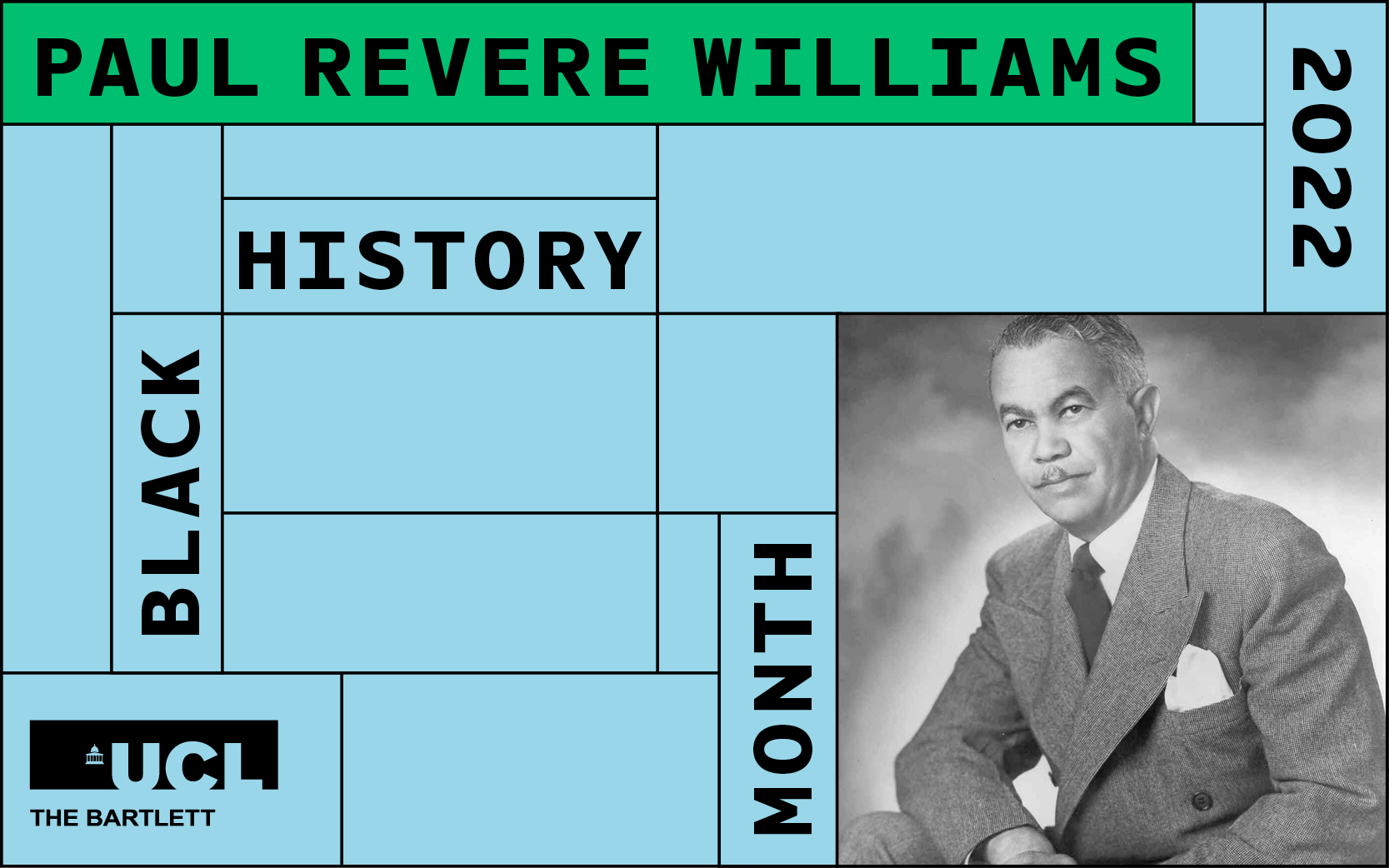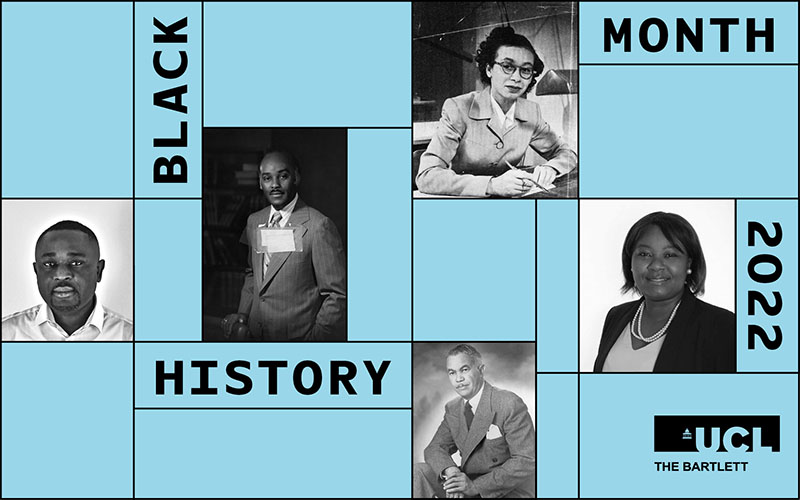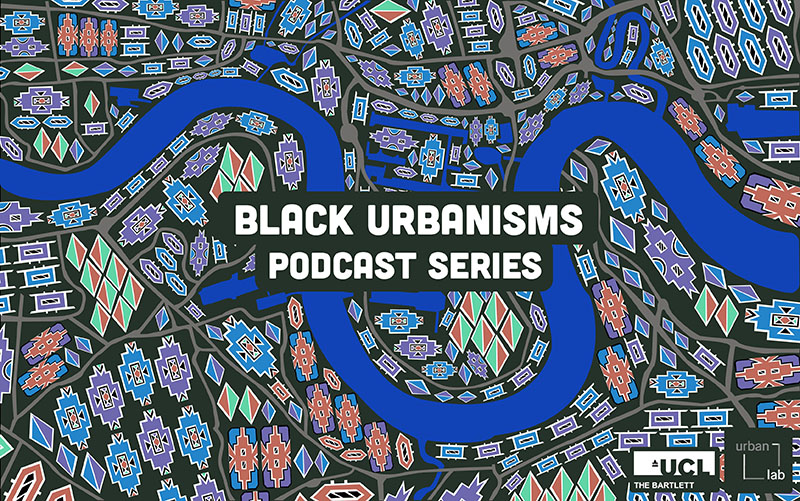Using new technologies to improve construction: Abdul-Majeed Mahamadu
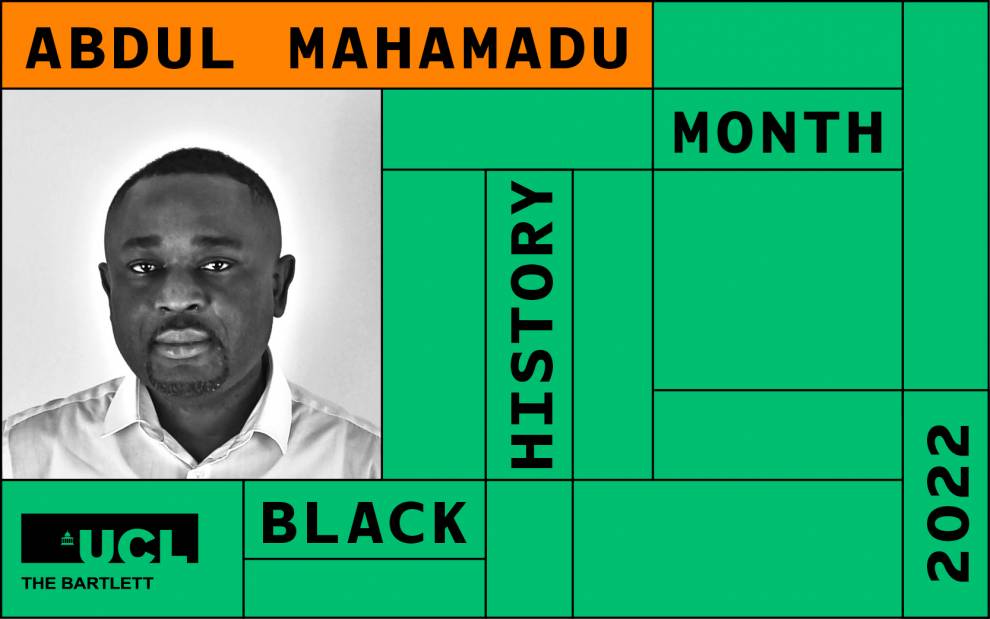 Tell us about your work. Why is this work so important? What are your future plans to build on this?
Tell us about your work. Why is this work so important? What are your future plans to build on this?

I am an Associate Professor of Innovative and Industrialised Construction at UCL, in The Bartlett School of Sustainable Construction. I am a research-active academic with an interest in the application of emerging digital technologies and industrialised techniques, for the optimisation of processes in the construction sector.
Construction is notorious for low productivity, inefficiency and poor safety, as well as being responsible for a significant proportion of global carbon emissions and use of non-renewable resources. My research explores the capability for digitalisation within construction ecosystems and the exploration of alternative production techniques, for the purposes of improving efficiency and minimising construction’s impact on the environment, people and society at large.
Why is Black History Month important for the built environment sector, and more widely?
Research evidence points to underrepresentation of ethnic minorities within the UK built environment sector at all levels. Periods such as BHM help shed light on this problem, while also celebrating success.
There are a lot of success stories in construction involving Black people. I believe celebration of their achievements will go a long way towards attracting more people of similar or other minority backgrounds into the industry, as well as challenging industry stereotypes and subcultures that may have created environments of exclusion.
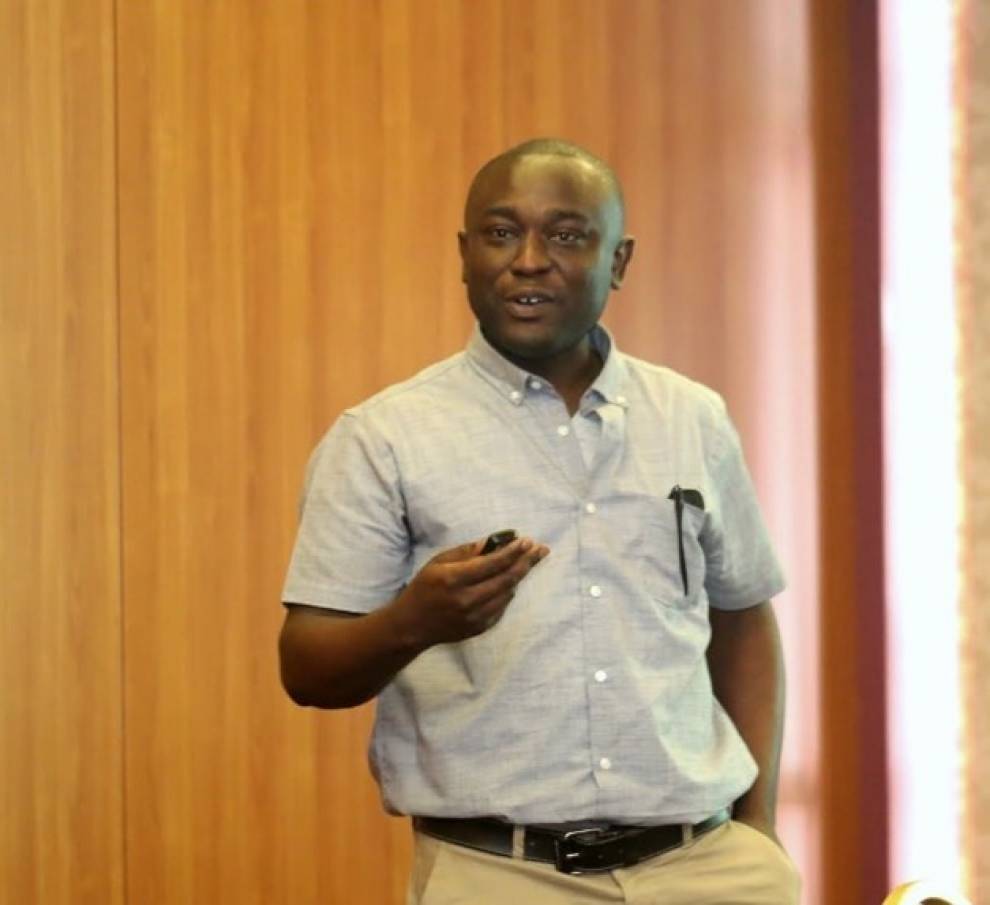 What change would you like to see happen in the sector and the wider world?
What change would you like to see happen in the sector and the wider world?

The built environment sector currently needs a tremendous amount of ingenuity and skills to drive industry transformation towards more sustainable digitalisation and efficient practices. From my point of view, a mix of ideas, perspectives and talents will certainly lead to better outcomes in the delivery of this. I would therefore love to see a more inclusive and diverse construction workforce, of which ethnic representation is an integral part.
I would also like to point out that ethnic minorities are no longer a minority from a ‘global citizenship’ perspective, thus, ethnic inclusivity simply equates to true representation of society. Wider society has benefited tremendously from multiculturalism and cultural pluralism.
Personally, I am very pleased to see so many young Black people excelling in built environment courses both within UCL and beyond. I am very excited about the prospect of having a lot of young Black professionals participating in the transformation of construction.
Do you have any recommendations for books, social media accounts or anything else people could engage with to better educate themselves?
The Black Cultural Archives (Instagram: bcaheritage) is a good source of information on Black history in the UK. Also, books continue to be a great source of inspiration and play an important role in highlighting ‘Black’ success, as well as improving society’s understanding of diversity in general. One book that does both is Diversify by June Sarpong. June Sarpong (OBE) has been exemplary as a Black woman and I think in this particular book she provides very practical insight into the manifestations of diversity in society.
Is there anyone else, either here at UCL or beyond, who deserves greater recognition (current or historical)?
There are so many success stories within UCL and beyond. All of these individuals have been celebrated in different ways, but I think their stories continue to inspire people so we must keep highlighting them – especially in the context of BHM. Prof George Ofori of London South Bank University is one noteworthy example. He is an alumnus of UCL who has inspired a lot of Black academics in the built environment field. In addition to his academic work, he continues to support industry development, serving on boards such as the Trustees of Engineers Against Poverty.
Other notable Black built environment personalities beyond UCL include Sir David Frank Adjaye OBE, knighted in 2017 for his contributions to the field of architecture. He is also a recipient of the RIBA Royal Gold Medal. Also notable is Diébédo Francis Kéré, the first African to receive the prestigious Pritzker Architecture Prize. Their work and brand of architecture is undoubtedly contributing to the development of a more sustainable built environment globally.
 Close
Close


